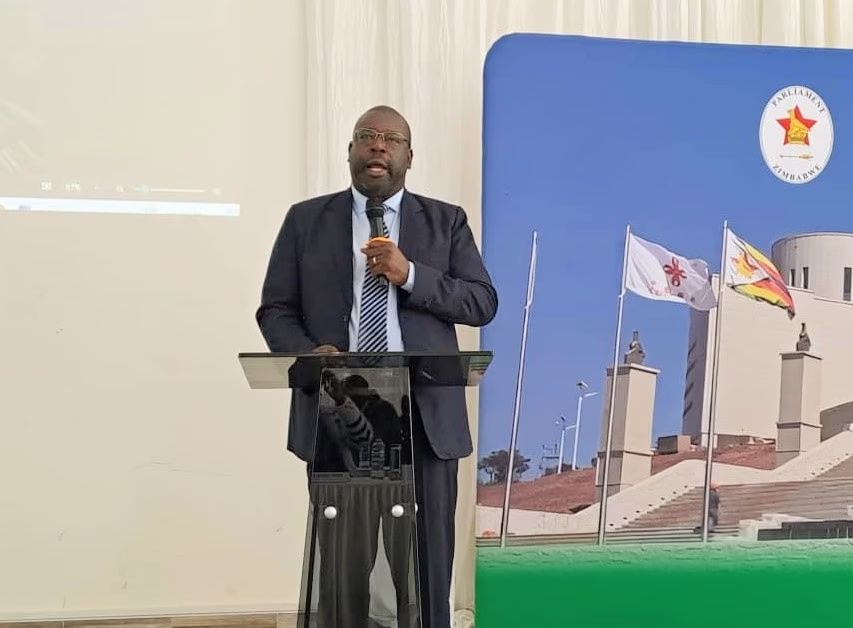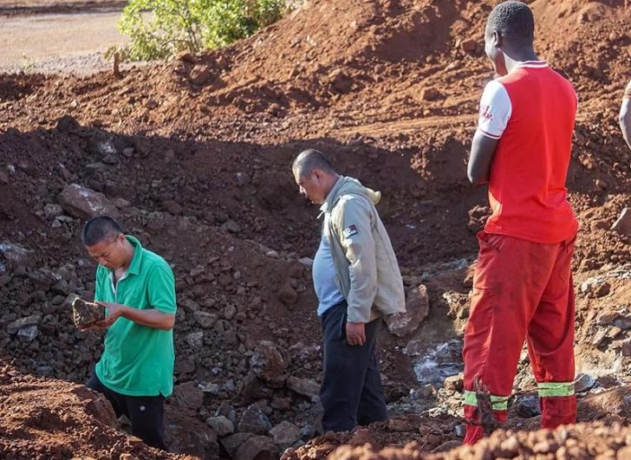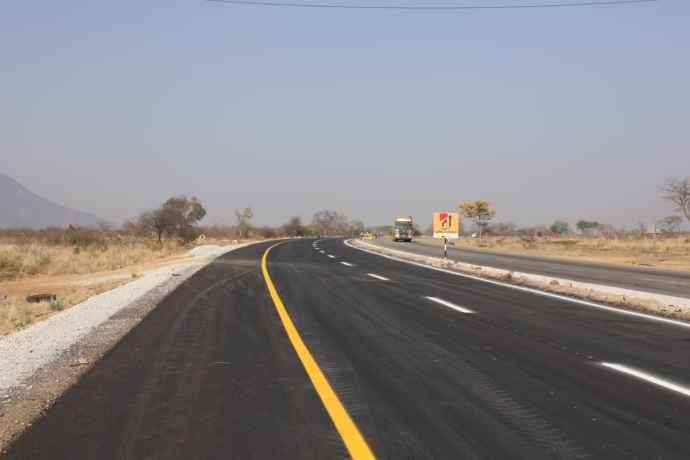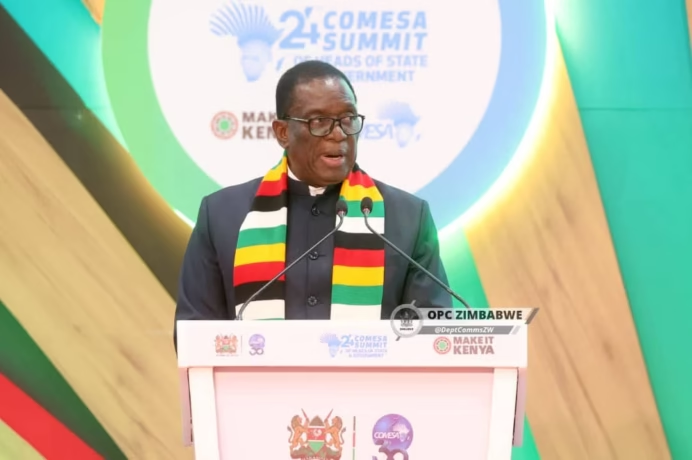
Advocate Jacob F. N. Mudenda, the Speaker of Parliament of Zimbabwe, has urged Members of Parliament to address the debt constraint affecting the country’s fiscal flexibility and investment capability to spur economic development. This came to the fore in a keynote address delivered on his behalf by Hon. Clemence Chiduwa, Chairperson of the Portfolio Committee on Industry and Commerce, during a management workshop convened by the Joint Portfolio Committee on Budget, Finance and Investment Promotion and the Public Accounts Committee in Masvingo on 16 May 2025.
The workshop brought together key players in public finance oversight to build parliamentary capacity in debt management, enabling robust oversight of national borrowing practices. In his opening remarks, the Clerk of Parliament of Zimbabwe, Mr. Kennedy Chokuda, welcomed the delegates and emphasized the timeliness of the workshop, noting that strengthening institutional knowledge on debt oversight would enhance accountability and economic stewardship in Parliament’s oversight role.
Key dignitaries in attendance included Hon. Charlton Hwende, Chairperson of the Public Accounts Committee; officials from the Ministry of Finance, Economic Development and Investment Promotion; the Macroeconomic and Financial Management Institute of Eastern and Southern Africa (MEFMI); the Zimbabwe Coalition on Debt and Development (ZIMCODD); and the African Forum and Network on Debt and Development (AFRODAD).
Speaker Mudenda described debt as a double-edged sword, a potentially transformative financial tool that enables governments to fund public services and infrastructure but also a burden when incurred unsustainably. He warned that when debt is used to merely survive economically, it risks becoming a trap that compounds itself. “Some of the poorest countries in the world are confronted with the dilemma of either servicing debt or providing services to their citizenry,” he noted, adding that these nations are left with no fiscal space to pursue Sustainable Development Goals, clean energy transitions, or other critical development programs.
Citing a 2023 United Nations report, Hon. Mudenda highlighted that the total public debt of developing countries rose sharply from 35% of GDP in 2010 to 60% in 2021, with external debt rising from 19% to 29%. He underscored that this trajectory exposes the inability of these countries to generate enough foreign exchange to honor their debt obligations, further threatening economic stability.
In that regard, he said Parliament bears the constitutional responsibility of safeguarding the country’s financial future. This includes ensuring that the Executive undertakes thorough evaluations of public investments and loans before seeking approval. Parliament must also examine whether loan terms, including interest rates, repayment schedules, and grace periods, are fair and developmentally aligned.
Reflecting on Zimbabwe’s own debt trajectory, Speaker Mudenda recalled that the country inherited US$700 million in debt from the Rhodesian government, roughly 15% of GDP at independence. He added that while Zimbabwe had a sound debt management strategy up to 2000, economic sanctions and subsequent crises made it difficult to service its external obligations.
As of 2024, Zimbabwe’s Public and Publicly Guaranteed debt stood at US$21.2 billion, with US$12.3 billion being external and US$8.7 billion domestic. This debt stock is about 60% of GDP, which aligns with the SADC Macroeconomic Convergence benchmark. However, it continues to weigh down the country’s ability to invest in infrastructure and other development priorities.
Speaker Mudenda commended the Government’s efforts under the Arrears Clearance, Debt Relief and Restructuring Strategy, which is being driven through a Structured Dialogue led by African Development Bank President Dr. Akinwumi Adesina and former Mozambican President Dr. Joaquim Chissano. He emphasized the importance of strengthening macroeconomic policies and relying less on external borrowing.
Despite progressive legislation such as the Public Debt Management Act and constitutional mandates, Zimbabwe still struggles with effective debt oversight. The workshop, therefore, aimed to equip MPs with skills to scrutinize borrowing practices, evaluate public investments, and promote transparency in debt management.
He called on Committees to demand thorough reports from Ministries, Agencies, and Departments and ensure all loans are properly scrutinized for economic viability. “According to Section 327(3) of the Constitution, Parliament must approve all loans that impose fiscal obligations on Zimbabwe,” he emphasized, urging lawmakers to assess whether such loans are in the public interest and fiscally responsible.
Hon Mudenda also noted that State-Owned Enterprises and Local Authorities are required under Section 300(4) of the Constitution and Section 36(1) of the Public Debt Management Act to report their State-guaranteed debt stocks. However, he lamented that the 2023 Auditor General’s Report revealed serious backlogs in audited financial statements, some dating as far back as 2018, which compromises national debt accuracy and violates the Public Finance Management Act.
“I raise this point because failure to submit financial accounts compromises the accurate calculation of the country’s domestic and external debt position. Further, Section 22(5) of the Public Debt Management Act obligates public entities to submit their borrowing records to the Ministry of Finance,” he said.
He urged Parliamentarians to remain vigilant and proactive in ensuring the country’s debt is sustainable, transparent, and beneficial to future generations. “Well-trained parliamentary Committees can provide effective oversight, ask the right questions, and make informed decisions regarding the government’s debt portfolio and strategies,” Speaker Mudenda concluded.




